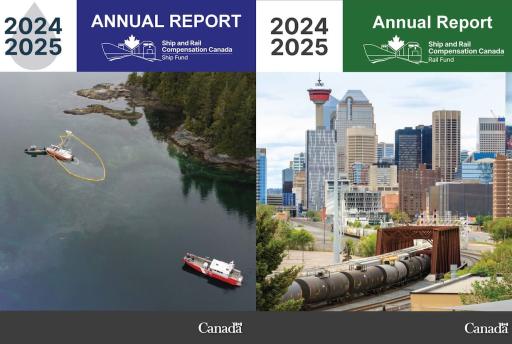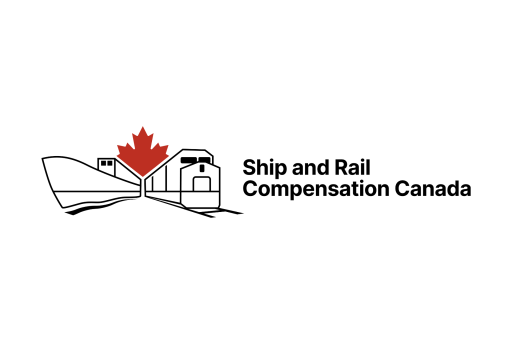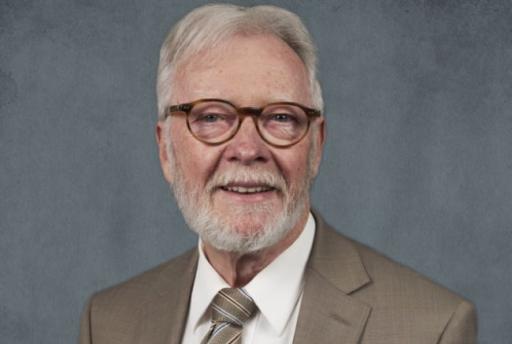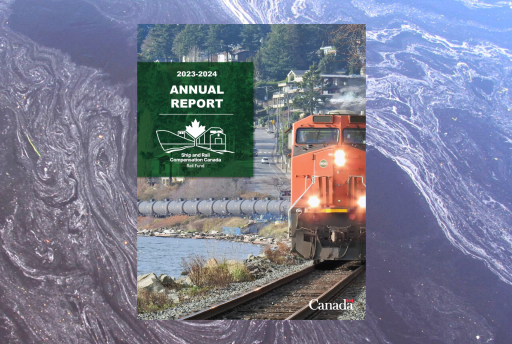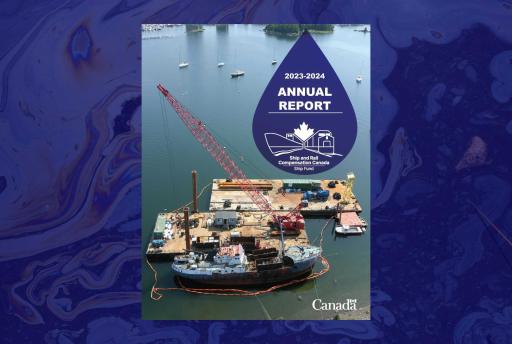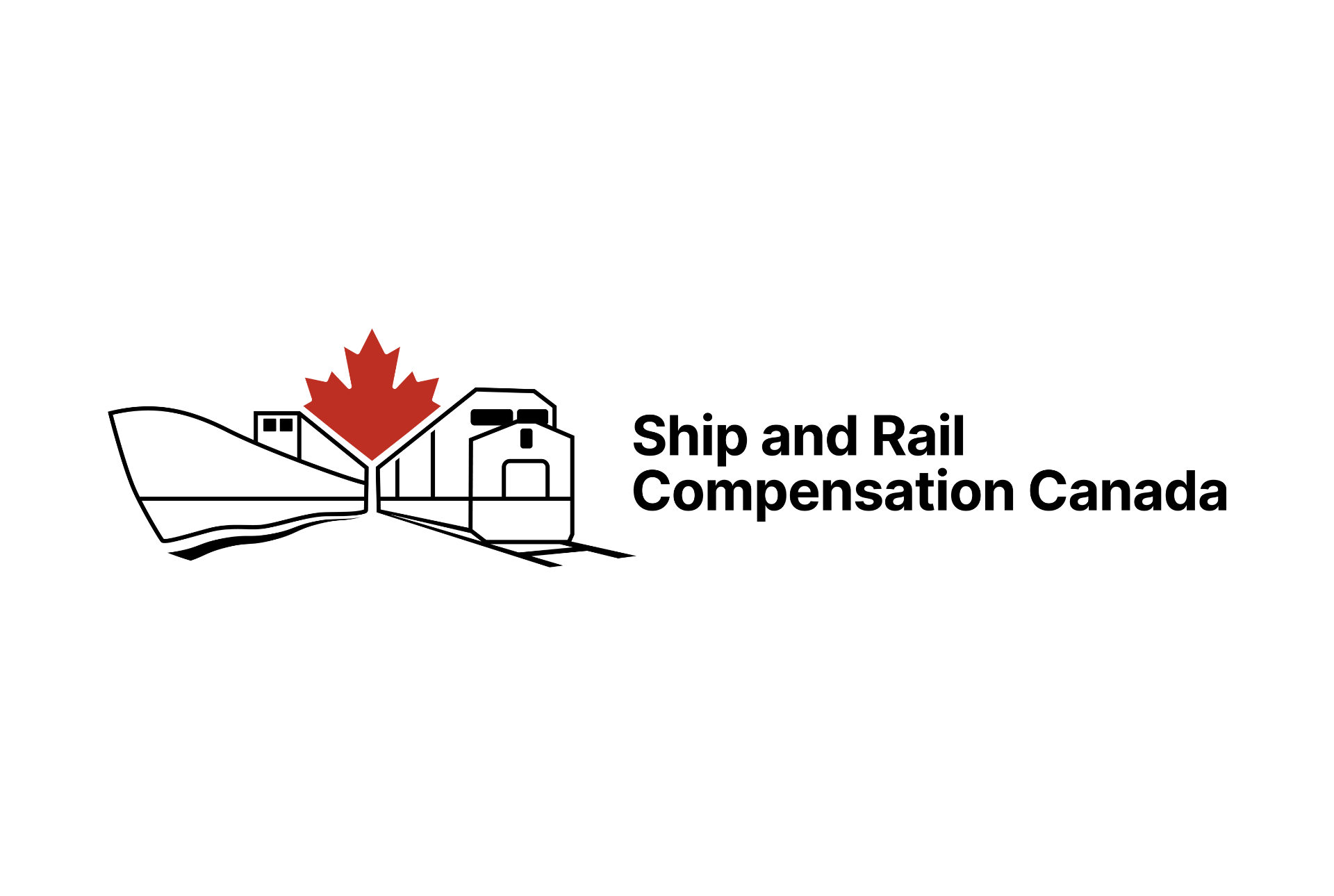
Ottawa | October 8, 2024: In a forward-thinking move to increase awareness and strengthen access to justice, the Ship-source Oil Pollution Fund and the Fund for Railway Accidents Involving Designated Goods have merged into a single federal office.
Ship and Rail Compensation Canada is now Canada’s central hub for anyone affected by oil spills from ships or boats or major railway accidents involving crude oil.
For years, a lack of awareness of available compensation has prevented many from accessing the support they need. Recent outreach efforts, however, were made to address this issue resulting in increased diversity among claimants and a broader geographic reach.
Building on this progress, Ship and Rail Compensation Canada will aim to ensure that Canadians know where to turn to for help. This includes collaborating with our partners on how to integrate cost-recovery measures into emergency protocols. With greater access to compensation, those responsible for damages will bear more of the financial burden, not the victims.
A cornerstone of this initiative is the launch of the new website, designed to be the central point of contact and information for claimants and key stakeholders: www.ship-rail.gc.ca.
Quotes
“With millions of litres of oil transported across Canada by ship, boat, and rail, it's crucial that Canadians are financially protected from the risks of spills and accidents. We are here to help victims, responders, and anyone else affected receive the financial compensation they need.
Our new brand will reach more people than ever before and mitigate the impacts of oil pollution on our cities, towns, oceans, lakes, rivers, and livelihoods. It will significantly boost our outreach and awareness efforts, which are essential to fulfilling our mission of providing compensation and improving emergency preparedness.”
Mark A.M. Gauthier, Administrator of Ship and Rail Compensation Canada
About Ship and Rail Compensation Canada
Ship and Rail Compensation Canada is Canada’s compensation hub for anyone affected by oil spills from ships or boats and by major rail accidents involving crude oil. Its mission is to help victims, responders, and anyone else affected get financial compensation and to hold polluters responsible for damages, losses, and response costs. Ship and Rail Compensation Canada is an independent federal office managing two funds: the Ship Fund and the Rail Fund. It is managed by an Administrator, with each Fund also having a Deputy Administrator.
For more information or to file a claim, visit ship-rail.gc.ca.
Contact
|
Jannie Bédard Guillemette Communications Manager 343-644-5865 |
Benedikt Henninger Communications Officer 343 644 5962 |
Background
- Moving forward, the Ship-source Oil Pollution Fund will be known as the Ship Fund, and the Fund for Railway Accidents Involving Designated Goods will be referred to as the Rail Fund, strengthening their individual identities under the unified brand Ship and Rail Compensation Canada.
- The Ship Fund marked its 35th anniversary this year with:
- Over the past 35 years, 560 claims were received and processed, paying out $28 million to compensate claimants for spill prevention measures or to aid in their clean-up efforts.
- This includes a remarkable surge with a record-breaking 41 claims received in 2023-2024.
- In the past six years, despite the obstacles we encounter in recovering owed amounts, more than $4 million has been recovered from polluting shipowners.
- Three agreements have been signed with key international partners to increase the capacity to handle a high number of claims to assist Canadians when they need it most.
- Over the past 35 years, 560 claims were received and processed, paying out $28 million to compensate claimants for spill prevention measures or to aid in their clean-up efforts.
- The Rail Fund, created after the Lac-Mégantic rail disaster, marked its 8th year anniversary this year with:
- Signing six (6) agreements with railway companies and an association to ensure that victims receive timely compensation.
- Facilitating multiple tabletop exercises to test their readiness, including with railway companies and key federal agencies.
- Strengthening partnerships with both the railway sector and potential claimants, including local and provincial governments and Indigenous Rights holders and organizations.

